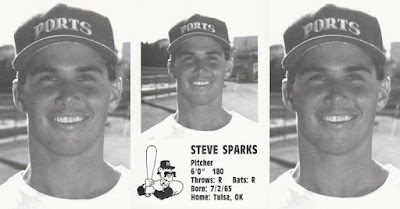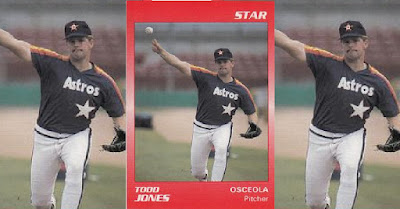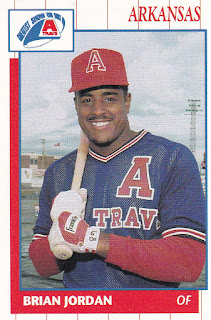Jerry Reuss played over 22 ML seasons, threw no-hitter

Young Jerry Reuss had only seen one big league outing by April 1970, the previous spring with St. Louis. But St. Louis manager Red Schoendienst had seen enough to see big things in Reuss' future, according to The Tulsa World . "If Reuss doesn't hurt his arm, by the time he gets his control down he's going to be a great pitcher," Schoendienst told The World . "There aren't many guys around now who can hit his fastball." Reuss turned out to be great enough to stick around in the majors over more than two decades . He hit double digits in wins 12 times, made to All-Star teams and he even tossed a no-hitter. Reuss' career began in 1967, taken by the Cardinals in the second round of the draft out of Ritenour High in St. Louis . Reuss briefly made AAA Tulsa in 1967, then Tulsa again in 1969. He also got a one-game look at St. Louis. He returned to St. Louis for 20 more outings in 1970 and 36 in 1971. He went 14-14 in 1971, with a 4.78 ERA. He the...

.jpg)











